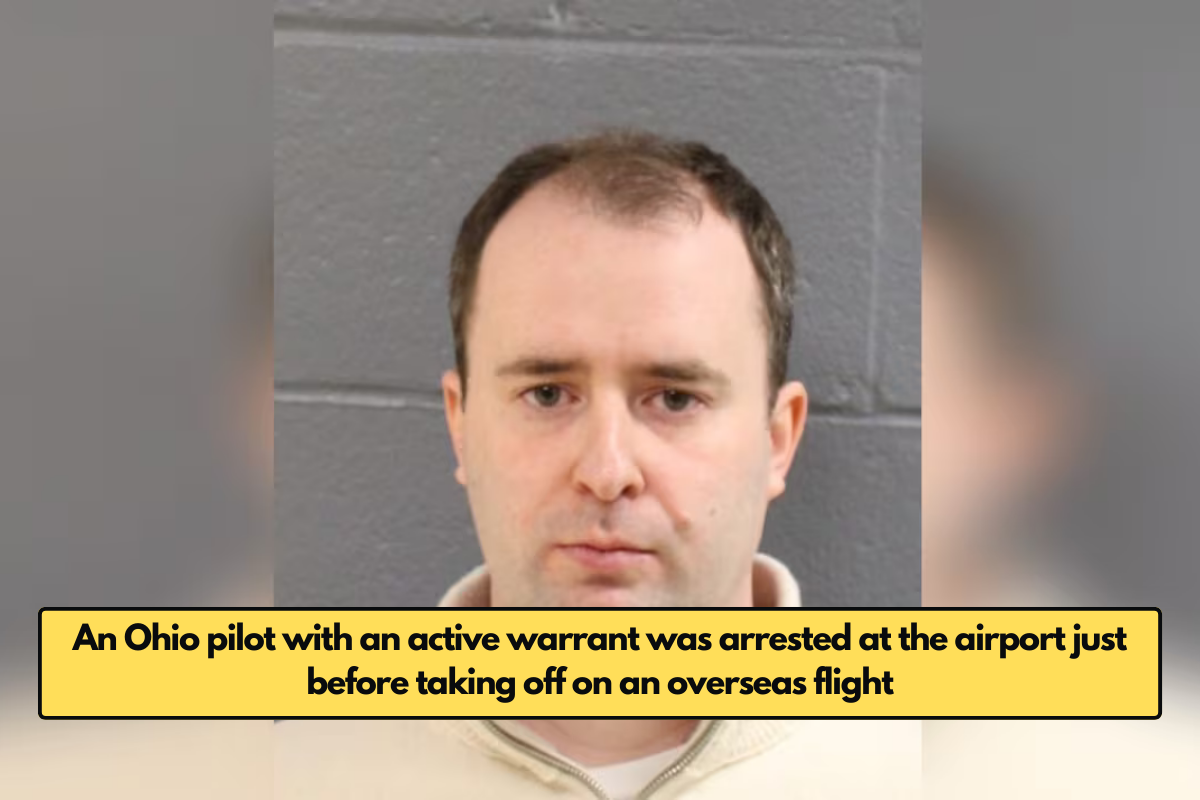CINCINNATI — Ohio’s voter-approved marijuana law may soon face significant changes as lawmakers propose a crackdown on what they consider overly lenient regulations.
Senate Bill 56, sponsored by State Senator Stephen Huffman of Tipp City, seeks to improve safety by imposing stricter restrictions on marijuana use and cultivation.
Huffman stated that the bill includes measures such as prohibiting public smoking, driving while the driver or any passenger is using marijuana, and ensuring that homegrown marijuana is not grown at residences that operate in-home childcare programs. State Senator Kristina Roegner of Hudson praised the bill’s emphasis on child safety.
“[The bill is prohibiting] any marketing by graphic or picture or drawing that bears any resemblance to a cartoon character or a popular figure,” Roegner informed the Senate. “[Products] can’t be designed as fruit or something particularly attractive to children.”
The proposed changes would also limit marijuana use to private residences and reduce the number of pot plants that can be grown at a home from 12 to 6.
Mark Hobson, CEO of Wellspring Fields, was among the 40 people who spoke out against the proposed changes. He argued that reducing THC potency in extracts from 90% to 70% would disadvantage Ohio’s legal market in comparison to neighboring Michigan, as well as the black and gray markets.
“In cutting concentration back to 70%, the legislature is inadvertently putting the tax-generating legal market at a severe disadvantage to these other markets,” according to Hobson.
Hobson warned that these restrictions could result in fewer jobs in the growing market and less tax revenue for the state.
“I’d like to point out that Ohio has a flourishing black and gray market that pays no taxes and poisons Ohioans,” Hobson told the audience. “Restricting our cultivation space and reducing potencies only bolsters these markets and shrinks the regulated market at the same time.”
Senate Bill 56 was scheduled for a committee vote this week, but the meeting was canceled and has yet to be rescheduled. If passed, the bill will take effect 90 days later.
Additionally, there’s a proposal to loosen current drugged driving laws for marijuana. The bill would increase the per se OVI limit from two milligrams to five, aligning it with the 0.08 alcohol limit.
The bill’s sponsor explained that marijuana remains in the system longer than alcohol, meaning a person could be sober and still test positive under current law.
















